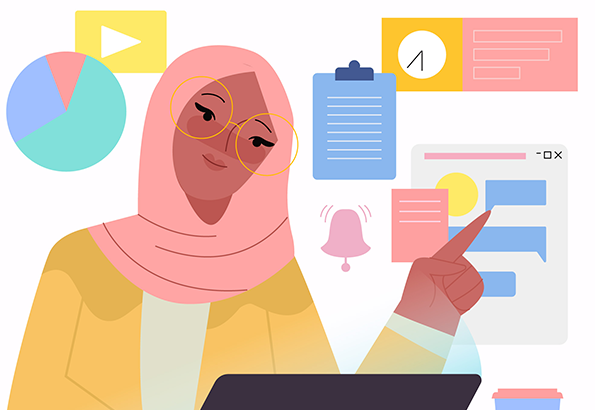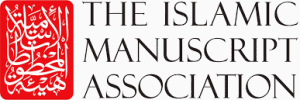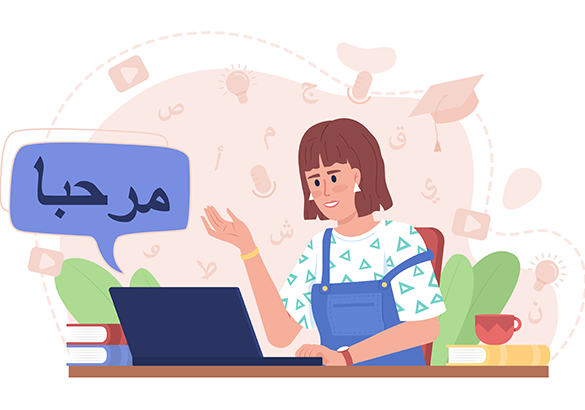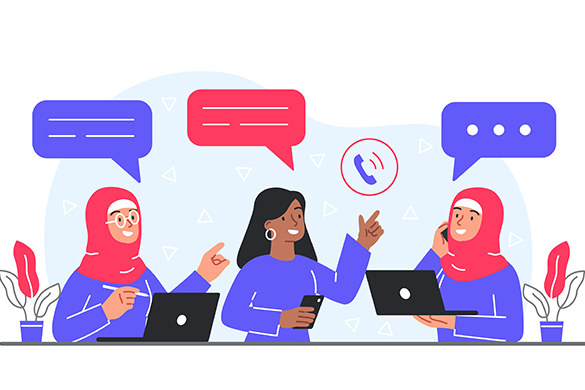Rosetta Translation provides a full range of professional Arabic translation services to companies in London and worldwide.

Our company is a multi-sector Arabic translation specialist. We have particular expertise in the translation of legal documents, finance-related translations, product manual and other technical translations, as well as any translations in the medical field.
We guarantee a consistently excellent quality of Arabic translation in each of these various fields by making sure we assign every translation to the most appropriate specialised team of highly qualified Arabic translators, proofreaders and editors.
We also provide Arabic interpreting services in London and worldwide.
For a free instant quote, please fill in the form on this page, email us at quote@rosettatranslation.com or contact us at any of our local offices in London, Shanghai, New York, Paris or Luxembourg.
Rosetta is one of few translation agencies to have achieved the prestigious ISO 9001:2015 certification as well as the DIN EN 15038 norm, the only norm to specifically deal with translation services. Our customers are therefore completely assured of the high and consistent quality and of our Arabic translations.
Combined with our use of translation technology and our extraordinary flexibility as regards client needs, this results in the professional and reliable Arabic translation service that our regular customers value.
Arabic translations can be certified, notarised and legalised to meet your exact requirements.









For English-Arabic translation services, we only use experienced, native Arabic translators, who work with all Arabic dialects (Modern Standard, Qu’ranic, Gulf, Egyptian, etc.), all of whom specialise in different areas of translation, giving the best results for our customers. We then make sure the formatting is correct, providing a final professional Arabic translation of excellent quality.
Arabic (or اللغة العربية)is one of the world’s most widely spoken languages, and is currently ranked fifth in the world in terms of native speakers. Arabic has some 272 million native speakers, and a further 24 million second-language speakers. Modern Standard Arabic is an official language and lingua franca in a number of countries around the Middle East and in Africa.


Whether your Arabic-English translation assignment is complex and technical or more basic in style, Rosetta Translation always has experienced translators on hand to deliver, with expertise in a number of areas, from technical computer jargon to pharmaceutical industry terminology.
Our Arabic to English translations are of course carried out by native English speakers, who have a high qualification in Arabic translation services.
Have you ever tried to save a bit of money and used google translate for your Arabic-English translation? Sure, machine translation has the fantastic capability of dealing with simple, common phrases, but where it really fails is in our RTL (right to left) languages. Arabic, unlike English, is a language that is written and read from right to left, instead of left to right, like you’re reading now. This means that with your quick google translation, when you copy it into the word document, or into the email to that key client, can appear inverted for them and reads like gobbledygook. Awkward, right? And what’s worse, you’ll probably not notice as Arabic is spoken by less than 0.3% of the UK population as of 2011.
A key skill all great translators have is being able to ensure that all information in a document is translated, and a great way to do this is to ensure the formatting of your document matches that of the source. There’s a stamp on the right-hand side? That will be on the right-hand side of the translation. Similarly, signatures? That will be included in the translation (or rather a representation, an original signature would never be copied).
When your formatting is completely flipped from that of your source language, this presents a unique challenge, one which all our Arabic translators are adept at handling so you can be sure the content of your translation will be dealt with comprehensively. So, to navigate these RTL hurdles, a range of word-processing tools can be used to help. Your translation may come back to you looking strange, but that’s because your translator has identified the mismatch in formatting styles and has reflected that faithfully in the translated document. When you entrust a job to Rosetta Translation, you can be sure everything has been included in your target text.
As a Semitic language, Arabic has over 420 million native speakers worldwide, and as such, Arabic has an extensive number of dialects, subdivided into three categories: Quranic or Classical Arabic, Modern Standard Arabic, and Colloquial or Daily Arabic. Having a significant amount of dialects can create some interesting problems. The most common way around these is using Modern Standard Arabic as the target language when translating, instead of one of the many dialects, as this is widely understood by those who speak a dialect. Our clients, therefore, mostly require translation into Modern Standard Arabic.
For Arabic interpreting, the situation is quite different to the written language. Because the large number of modern spoken Arabic dialects are often barely mutually intelligible, it is very important to ascertain the correct dialect for Arabic interpreting assignments. If this represents an issue to our client, we at Rosetta are very happy to help, for example, by arranging an upfront phone call with a prospective court witness to make sure we are dispatching an interpreter of the correct dialect of Arabic.
Since the Arabic alphabet includes sounds that do not exist in the English language, translators will regularly combine a few letters to give the same sound as in the source text. However hard they try though, translated names still don’t produce the same feeling and sound as their Arabic versions. This is mainly because there is no formal standardisation in what English letters to use to denote certain sounds in Arabic (called transliteration), meaning that things like names, such as the popular name Muhammed (Arabic: مُحَمَّد ), can appear in English as Mochamad, Mohamad, Mohamed, Mohammed, Muhamed, etc., and the list goes on. This is the reality of combining a myriad of dialects with translation into a language where there is no formal transliteration model.
Arabic is also a diglossic language meaning the written and spoken language is highly varied. However, you will be pleased to know that there are some generally accepted Modern Standard Arabic to UK English transliterations, especially for important things like the name Muhammed (which actually is the widely accepted UK English transliteration).
Understanding what transliteration to use for your text is a key skill that our experienced translators will be adept at handling so you can rest assured that your translation will reflect the expected style and will read fluently in your target language.






What is the UN French Language Day? On 20 March, we once again celebrate UN French Language Day, a global celebration of linguistic diversity and cultural exchange. Created by the United Nations in 2010, this day is to remind us …


© 2025 All Rights Reserved